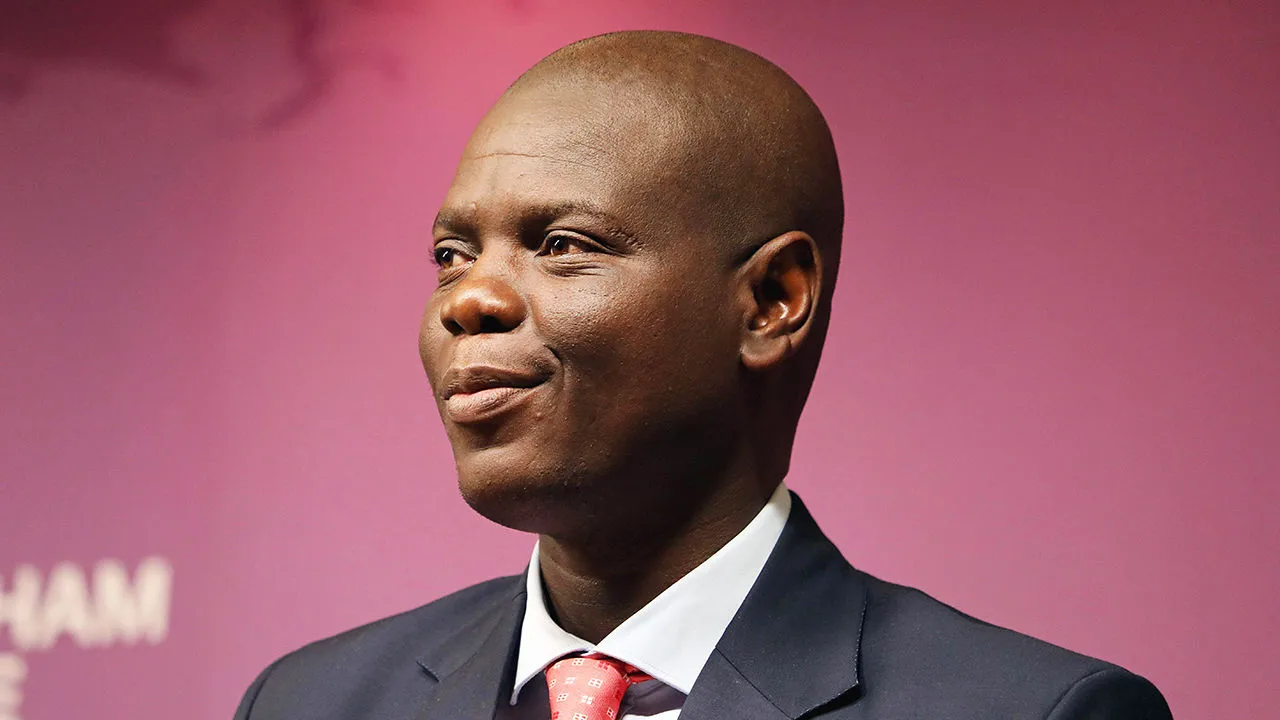
South Africa’s foreign minister on Wednesday condemned Washington’s resettlement programme for white Afrikaners as “apartheid 2.0.” US President Donald Trump’s administration offered refugee status to Afrikaners in May, claiming they face discrimination and even “genocide,” Pretoria strongly denies.
Foreign Minister Ronald Lamola called the programme preferential treatment for a privileged minority, noting Afrikaners are not fleeing genocide in South Africa. Around 50 Afrikaners were flown to the United States on a chartered plane in May, with others following on commercial flights.
Afrikaner-led governments once enforced race-based apartheid, stripping the black majority of political and economic rights until 1994’s first all-race elections. Although Trump largely halted refugee arrivals after taking office, he made an exception for Afrikaners despite South Africa rejecting claims of persecution.
The United States is seeking visas for roughly 30 people from a Kenya-based Christian NGO to speed Afrikaner applications for resettlement. Lamola emphasised South Africa has no obligation to support the US refugee programme, asserting the decision falls outside Pretoria’s duties.
Bilateral relations plummeted after Trump expelled South Africa’s ambassador in March and imposed 30% tariffs on South African exports, stirring tensions further. Talks continue, with a US Congressional team due this week, but Lamola warned South Africa must prepare to “live with” the tariffs.
Disputes also involve South African legislation promoting black business ownership and redistributing farmland still largely owned by white citizens. The government rejected the latest US Human Rights Report, dismissing claims that white farmers are systematically targeted for murder or racial persecution.
Police data cited by Lamola showed six murders in farming communities from January to March, most victims were black employees or farm dwellers. “These statistics do not reveal racially motivated attacks,” Lamola said, underlining South Africa’s insistence on sovereignty over internal affairs.
